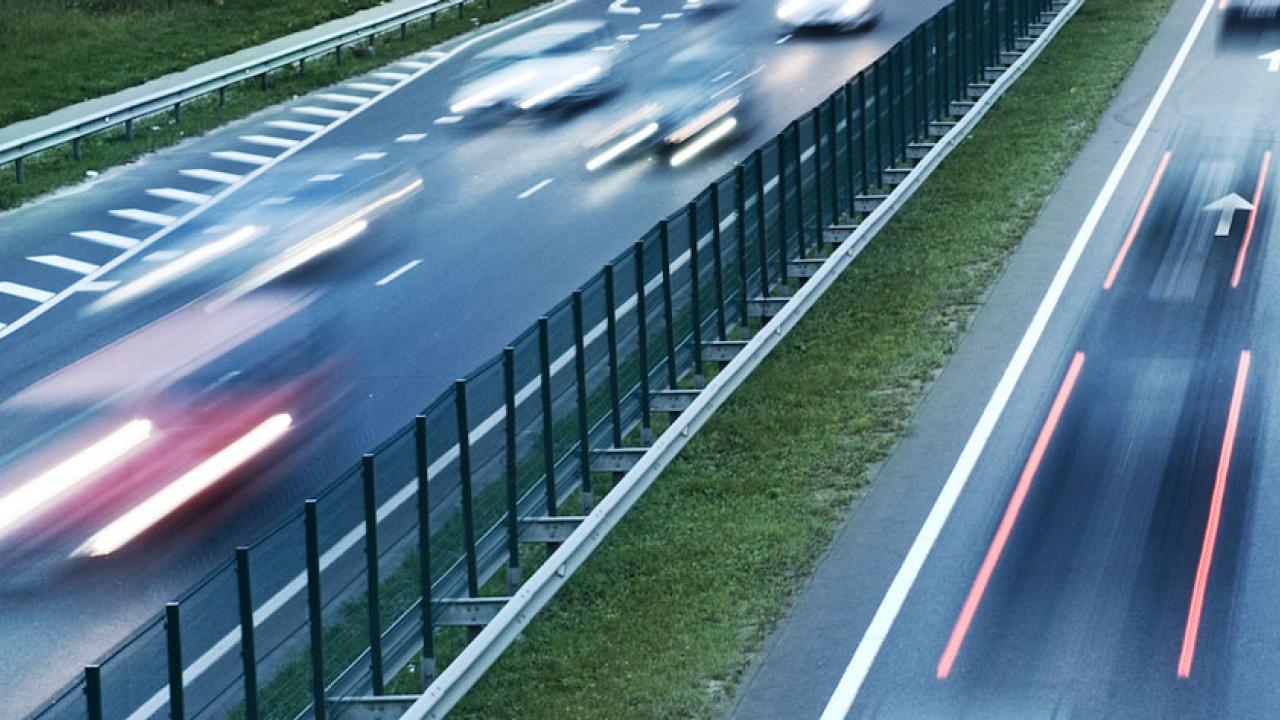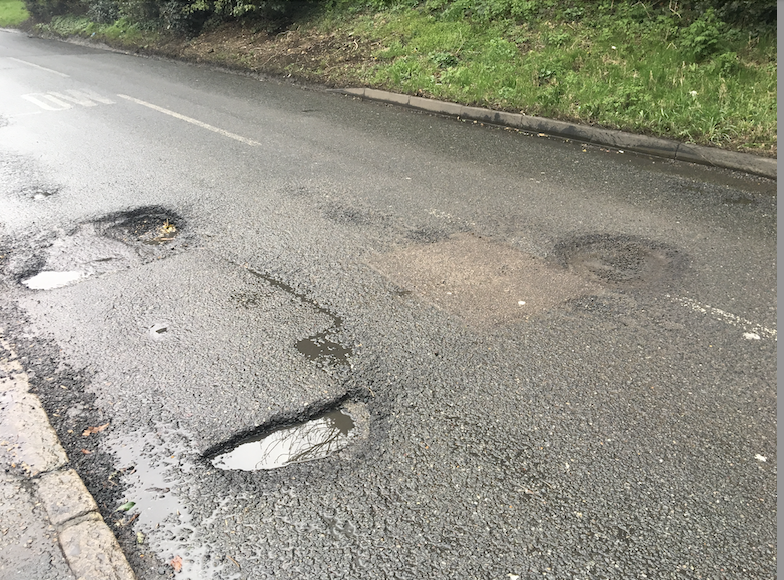Fleet technology company Lightfoot has urged all three main political parties to do more for road safety and electrification, highlighting that their manifestos omit road safety - and measures to accelerate the electric transition are not enough.
The number of killed and seriously injured drivers and other road users is not markedly coming down in the UK. In fact, improvements in road safety seem to have stalled when it comes to the most serious incidents, and this affects at-work drivers, their families and their businesses hugely, believes Lightfoot.
Lightfoot would like to see the new Government refocus on to road safety by introducing new measures that ensure our roads are the safest in the world.
“The last few years have seen legislation around various elements of professional driving watered down in the name of cutting red tape and operational expediency, and while nobody wants needless bureaucracy, we want to see a holistic package of measures that provide fleets with all the tools to improve and enshrine safety, training, towing, licences, fitness to drive and compliance,” said Lightfoot Managing Director Paul Hollick.
“Improving road safety should be a non-negotiable, and culture is created from the top, so let’s see the next government set the tone.”
All three main parties committed to more action on the electric vehicle transition, including the restoration of the 2030 deadline for phasing out petrol and diesel cars by Labour and the Lib Dems (who also included small vans), but mainly they talked in general terms about more chargers.
The issue, Hollick believes, is that if you are an electric car driver you are fairly well supported by the public charging network now. But for electric commercial vehicle drivers, so much more needs to be done.
“Van drivers rely on the public charging network far more than car drivers, and so there needs to be easily available, affordable, spacious, fast and reliable charging for the purpose of getting vans and trucks back on the road quickly,” he said.
“A new government will have to deal with Britain’s chronic productivity problem: helping to ensure enough space in bays, awareness that vans can use them, and even simple measures like longer cables, alongside more streamlined planning consent, more incentives and better infrastructure support should be some of the levers for improving UK PLC’s productivity.
“Our data shows that electric vans driven well and charged quickly can be hugely beneficial for a business, but other businesses are finding the reverse can be true, in that some drivers can take advantage of the perceived problems of range and charging to manage the working day to their advantage. A nationwide charging network that enables this will help improve this situation.”
Lightfoot welcomed the commitment from Labour and the Conservatives to solve the problem of potholes, but added there has been a lot of talk about this issue for years, with little obvious change.
Since the pandemic changed working culture, our road network is not under the same strain in volume terms as we might have expected it to be by now. And yet, our roads are in a disgraceful condition.
“At Lightfoot, we can help employees to drive more safely and economically. But the scourge of potholes and the constant chaos they cause to fleets stops businesses from working, and costs the country millions,” added Hollick.
“Instead of just pushing funding around from one pot to another to make it look like more has been spent on solving the problem, we want to see the next government commit to ensuring our roads are in the best condition they can possibly be.”






